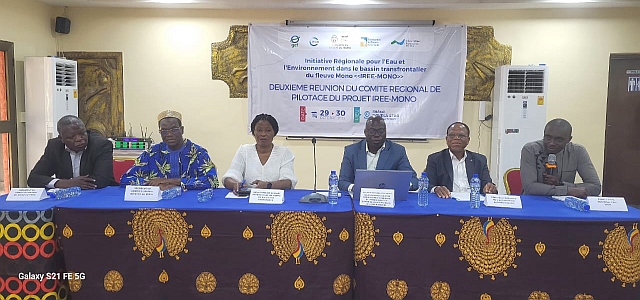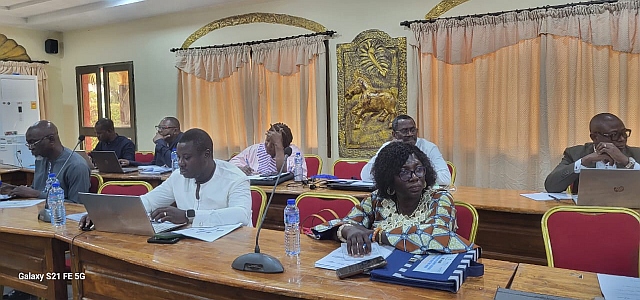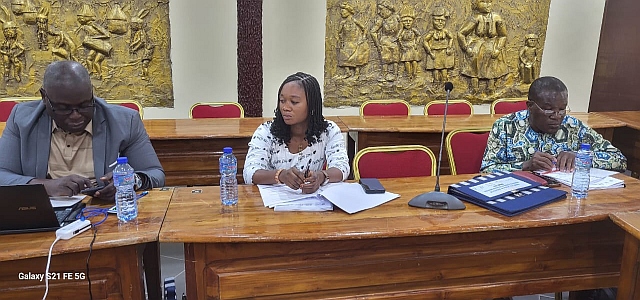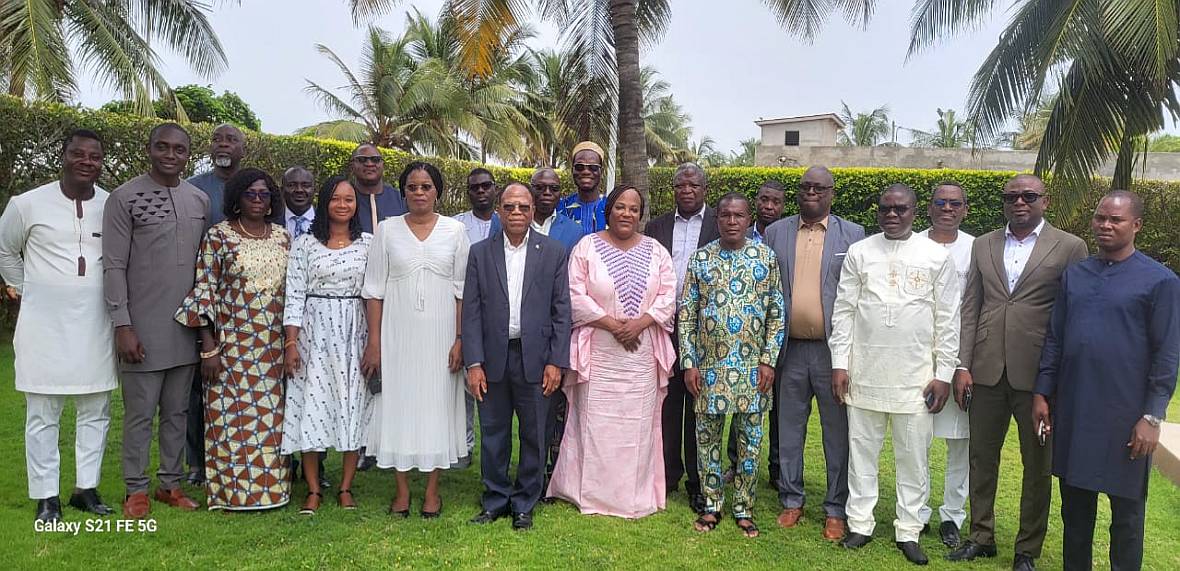A Transboundary Basin at the Heart of Ecological and Socioeconomic Challenges
Shared between Benin and Togo, the Mono River Basin spans 24,300 km² and is home to an estimated 3.5 million people. It is a vital resource for agriculture, energy, fishing, tourism, and biodiversity. However, the basin faces major challenges: resource degradation, flow variability, recurrent floods and droughts, demographic pressure, and climate change.
In response, the IREE-Mono Project—funded by the Global Environment Facility (GEF) with a budget of USD 5 million—aims to restore ecosystems, strengthen community resilience, and promote integrated water resource management.

Inclusive and Multisectoral Implementation
Coordinated by the International Union for Conservation of Nature (IUCN), the project is implemented by three agencies: MBA, the Sahara and Sahel Observatory (OSS), and the Global Water Partnership West Africa (GWP-WA). It also engages the water and environment ministries of both countries, basin committees, women’s organizations, civil society platforms, and GEF focal points.
The meeting objectives are:
- To present and adopt the implementation report of AWPB 1 (October 2024 – October 2025).
- To identify challenges and validate proposed solutions.
- To review and approve AWPB 2.
- To formulate recommendations for effective implementation.

A Structuring Project for Transboundary Cooperation
Through its three components—strategic planning, capacity building, and knowledge management—the RIWE-Mono Project seeks to equip the basin with a robust governance framework, participatory planning tools, and pilot actions for climate resilience. Key targets include:
- Restoration of 2,500 hectares of degraded forest land
- Improved management of 261,150 hectares of protected areas
- Direct involvement of over 20,000 beneficiaries, 50% of whom are women
This annual RSC meeting marks a decisive step in consolidating regional efforts for sustainable and inclusive management of the Mono River Basin.

